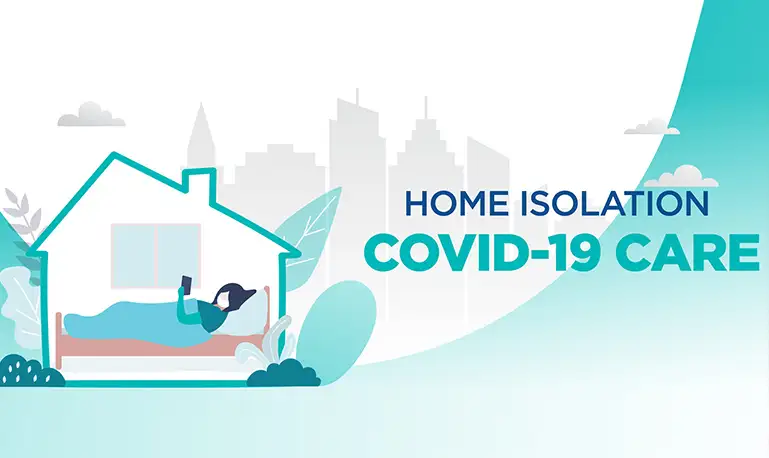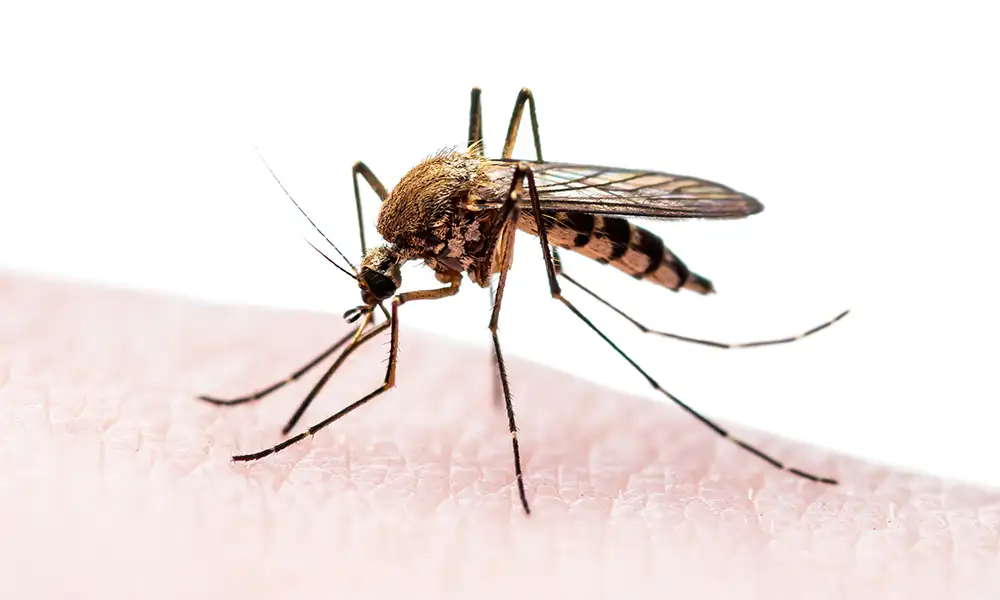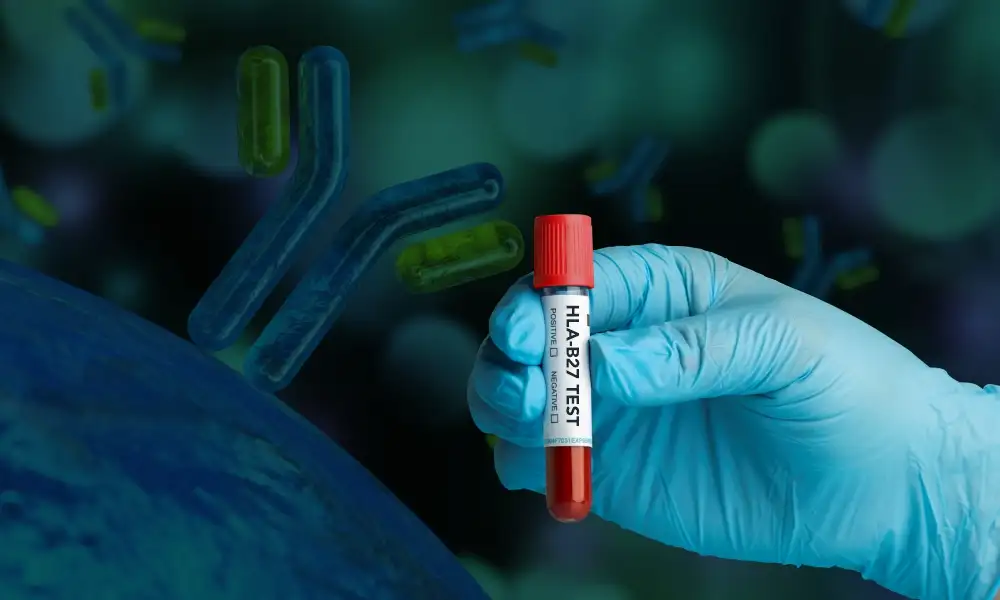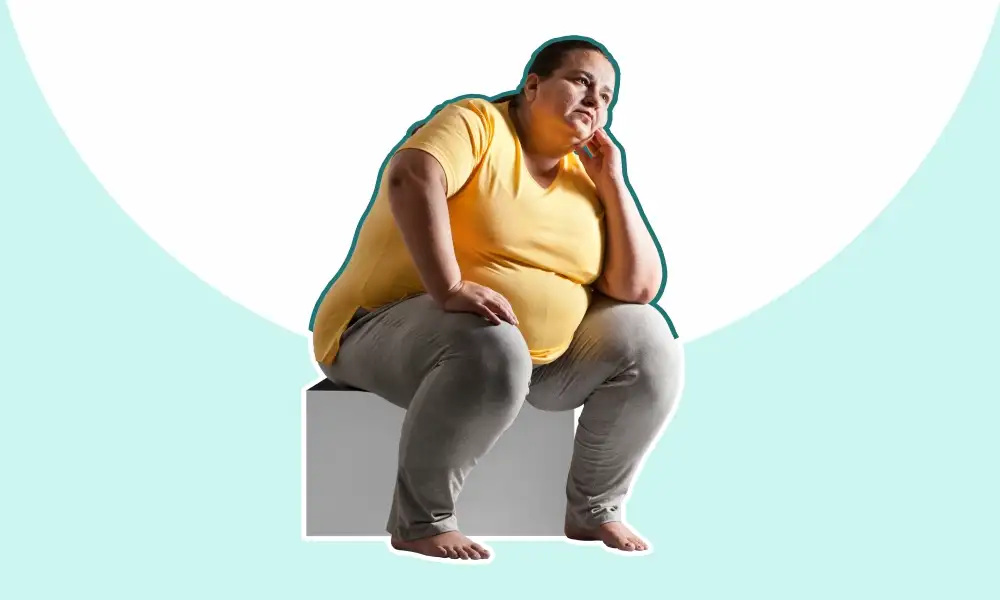Women’s Health
- April 13,2022
- 2 Min Read

A woman's life is complex, whether working or a homemaker, single, a mother or a wife. She juggles multiple roles and responsibilities everywhere, every day. All this while experiencing many bodily and hormonal changes like menstruation, pregnancy, menopause, she tries to balance the health of herself, her children and her family.
At every stage of life, we at Suburban Diagnostics want to provide you with high-quality women's health care — everything from check-ups to screenings to strategies and solutions to help you look and feel your best. Whether you're feeling healthy and energetic or experiencing some health woes, we're here for you. Here's all you need to know about women's health and overall well-being.
Types of women health concerns -
Following addresses some prevalent health concerns unique to women.
- Female Infertility: This is the inability to conceive after a year of frequent, unprotected intercourse (or six months if the woman is 35 or older).
- PCOD/PCOS: Polycystic ovary disorder / syndrome is a hormonal disorder common among women of reproductive age. Women with PCOS may have infrequent or prolonged menstrual periods or excess male hormone (androgen) levels. The ovaries may develop numerous small collections of fluid (follicles) and fail to regularly release eggs. It affects 5% to 10% of women in the age group 12–45 years. Women with PCOS are often insulin-resistant; their bodies can produce insulin but can't use it effectively, increasing their risk for type 2 diabetes.
What are the causes?
There could be various causes that may lead to complications in women's health and overall wellness.
- Infertility:
- Ovulation disorders: Some examples are polycystic ovary syndrome (PCOS), hypothalamus dysfunction, premature ovarian failure, excess production of prolactin (hyperprolactinemia).
- Damage to fallopian tubes (tubal infertility): Damaged or blocked fallopian tubes block the ovulation process, thus causing infertility.
- Endometriosis: A disorder wherein the tissue that usually lines the uterus grows outside the uterus. The condition also appears to have an indirect effect on fertility, such as sperm or egg damage.
- PCOD/PCOS: Genetics/family history stands as one of the principal reasons for PCOS. Other factors include- insulin resistance, excessive inflammation of the body, obesity, etc.
Know the symptoms and associated risk factors
Staying aware of the symptoms is one of the most effective ways to take charge and prevent any disease or condition. If any of these symptoms or associated risk factors appear, the women should be immediately taken to a hospital or health care centre.
- Infertility –
- The symptoms in a female with infertility are dependent on the cause of the infertility. These may include
- Changes in the menstrual cycle: Irregular menstrual cycles, absence of period, or heavier than average flow may indicate infertility.
- Painful Periods: A cramping that is more severe than usual, causing severe pain. It could cause nausea or vomiting.
- Severe Acne: As an adult, severe acne breakouts can signify something is wrong with our hormones. Also, early signs of PCOS which is another reason for infertility.
- Significant Hair Growth (or Hair Loss): Hair growth in unusual places like the face, chest, back, and arms could be a warning sign of a condition like PCOS. On the other hand, hair loss or thinning could also signify other infertility-related conditions like anemia, thyroid issues, or autoimmune disorders.
- Sudden Unexplained Weight Gain (or Weight Loss): Keep in mind that any sudden weight gain or weight loss can play a significant role in fertility, even when a condition like PCOS is not present. Being underweight or overweight can both lead to difficulty conceiving.
- PCOD/PCOS -
- Women with PCOS may have fewer than nine periods a year.
- Too much or too minor menstrual bleeding
- Severe acne outburst
- Weight gain and trouble losing weight
- Extra hair on the face and body
- Often women get thicker, darker facial hair and more hair on the chest, belly, and back.
- Thinning hair on the scalp
- Irregular periods
Recommended tests
Some of the women's health services we extend at Suburban Diagnostics centres include but are not limited to:
- FSH (Follicle Stimulating Hormone)
- LH (Leutinizing Hormone)
- Prolactin
- AMH (Anti Mullerian Hormone)
- Thyroid Function Testing
- Ultrasonography of the abdomen
- Free testosterone
- PCOS Gold Panel
- AMH Gold Panel
Want to book a test? Fill up the details & get a callback
Most Viewed
Premarital Health Screening
- 20 Min Read
Typhoid - Signs and Symptoms
- 3 Min Read
Home Isolation Guidelines - Covid-19 Care
- 5 Min Read
HLA B27 Detection: Flow Cytometry & PCR
- 1 Min Read














